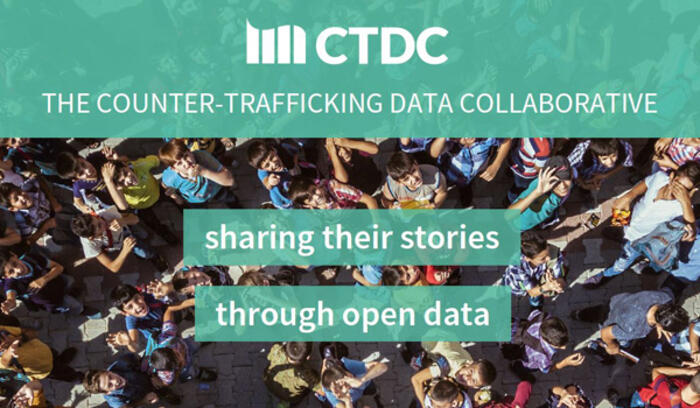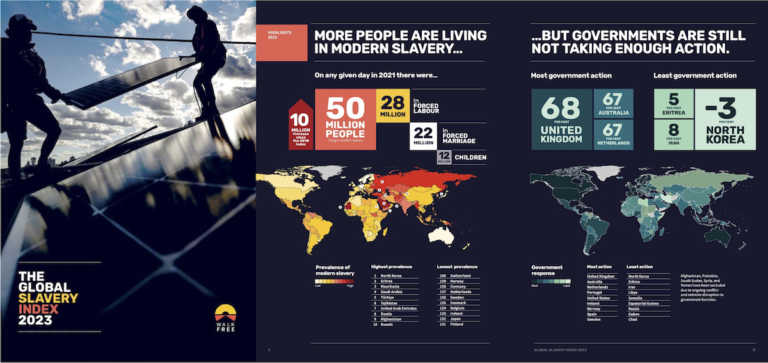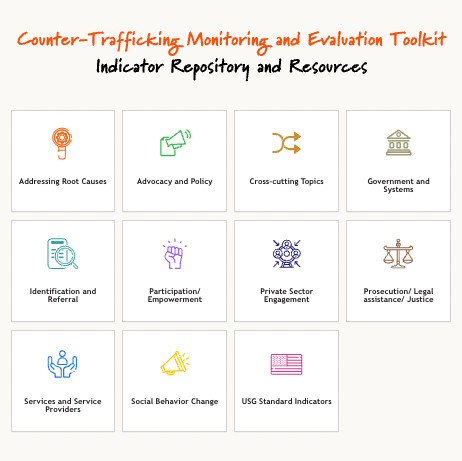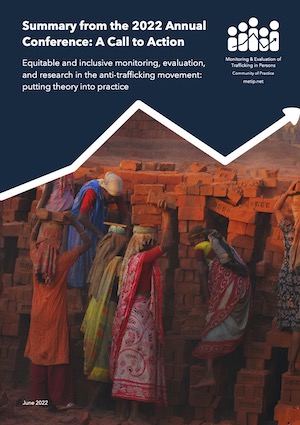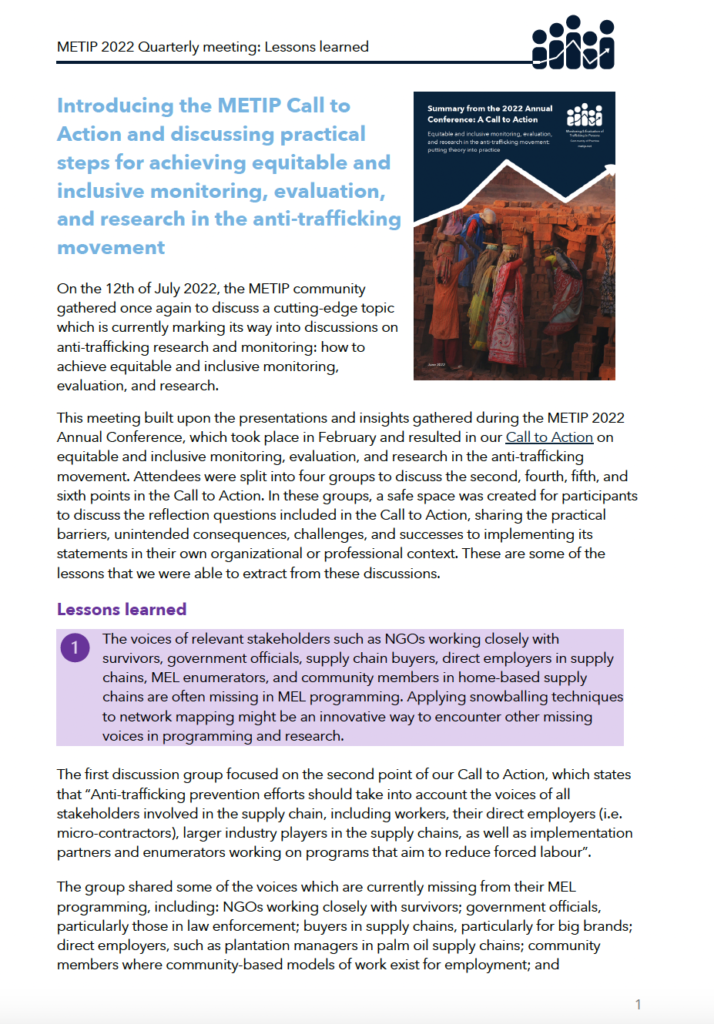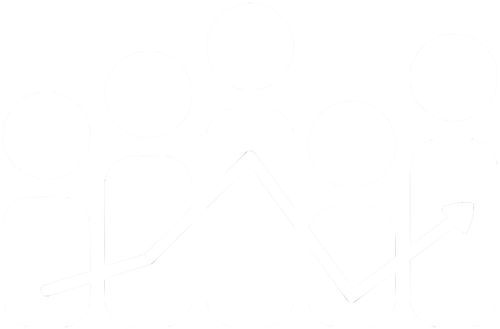
MONITORING & EVALUATION OF TRAFFICKING IN PERSONS
Community of practice
A supportive community of M&E experts and researchers
working on anti-trafficking programs and policies.
NEXT EVENT
RECENT EVENTS
1st December 2025: Using Severity Indices to Unlock Deeper Insights in Anti-Trafficking Data
Measurement approaches for the prevalence of human trafficking and forced labor come with inherent tradeoffs, and how we conceptualise and quantify exploitation fundamentally changes our results. Join us for a deep dive into two approaches to analysing the same prevalence data: one that categorises participants as either survivors or not survivors, and one that implements a severity index.
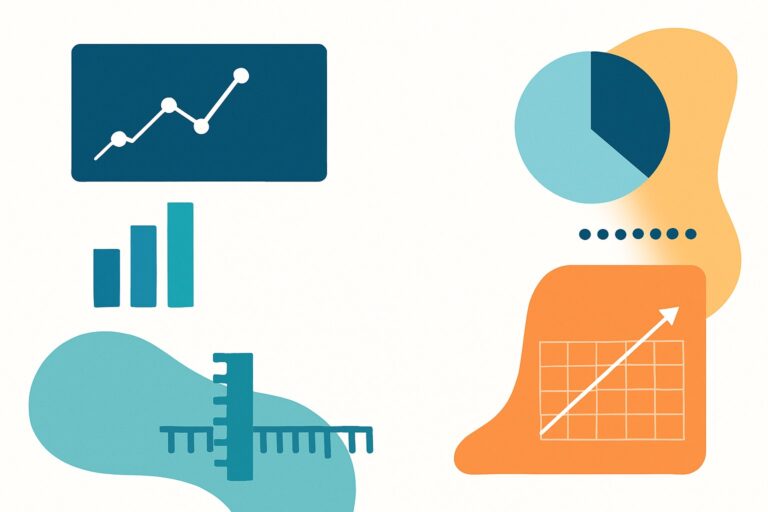
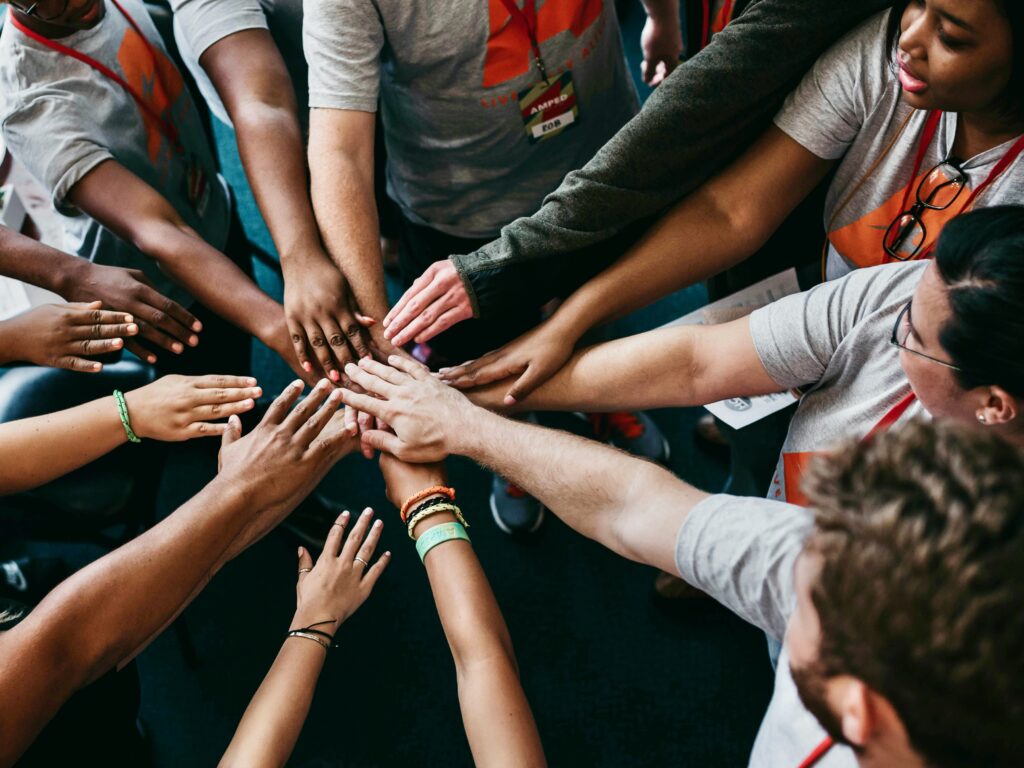
7th October 2025: Measuring Movements and Coalition Building
Movement building is at the heart of lasting systems change in efforts to end human trafficking – shifting power to survivors and community-led groups, and amplifying their voices to transform the structures that enable exploitation to persist. In this session, Malaika Cheney-Coker, Founder and Principal of Ignited Word, shared her experience using Social Network Analysis to access movement strength and impact.
The Stanford Human Trafficking Data Lab is a multidisciplinary research collaboration working to bring the most promising innovations in modern data science to the fight against human trafficking. This presentation will explore how the team balances the strengths and limitations of various data sources, including: gold-standard population-representative survey data, publicly available administrative data, as well as GIS data, including satellite imagery.
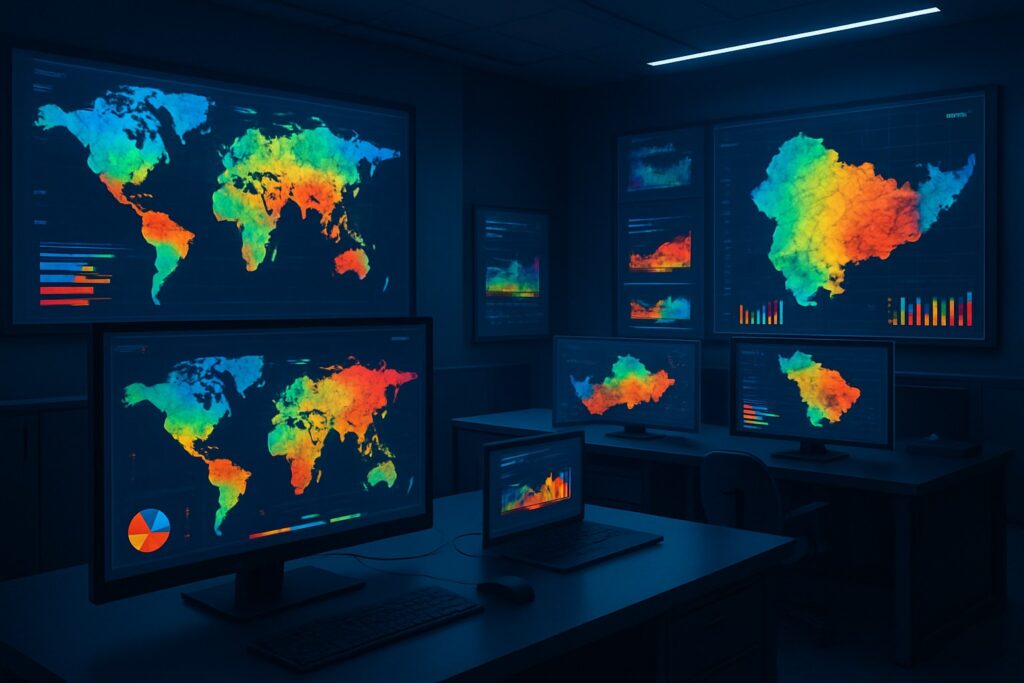

7th March 2025: METIP Coffee Chat: Supporting Each Other in Challenging Time
During particularly challenging times at work or in life, connecting with others who truly understand can be one of the best ways to navigate through. This was an informal Coffee Chat, where METIP members came together to share resources, offer support and discuss self-care and coping mechanisms. It was a safe, informal and non-recorded space focused on solidarity and mutual encouragement.
There are several debates on decolonising of research and evaluation, including on standards of evaluations. There are also debates around participatory grant making with respect to supply chain due diligence, around incorporating voices from the Global South. However, there is hardly any discussion around decolonised research and measurement related to the domain of anti human- trafficking. The aim of this webinar was bringing these debates together and facilitating discussions on ways to decolonise measurement that informs interventions in anti -trafficking. Our speakers emphasised this urgent need for decolonising evaluation, highlighting the need to dismantle traditional frameworks that often perpetuate power imbalances.
Even though social norms measurement is a relatively well-enumerated field of study, research on those norms is very limited in the context of trafficking in persons. It can be very difficult to collect information on norms and behaviors, either through direct or indirect data about perpetrators, yet this information is critical to designing effective community-level interventions to end trafficking. In this webinar, guest researchers will discuss two research projects that have tackled this measurement issue in Ethiopia and Nepal, respectively, including lessons learned from the field on how to collect sensitive data on normalized harms perpetrated against children.
The ILO ethical guidelines for research on forced labour and child labour offer practical considerations regarding the safety and well-being of both participants and researchers, as well as the production and use of findings beneficial to affected communities. These guidelines are developed through a consultative process involving global and local experts and researchers with extensive knowledge of child labour and forced labour across different contexts. Designed for use by researchers and organisations, including national statistical offices, these guidelines aim to facilitate the development and implementation of studies and data collection instruments that adhere to ethical principles and are appropriate for gathering information about exploited individuals and children in specific forms of forced labour.
Often, when we encounter null (ineffective) or negative (harmful) results in monitoring and evaluation (M&E), there is a tendency to disregard or explain away these unexpected results. We may attribute the findings to weak research design or poor implementation, we may attempt to “fish” or “p-hack” for more significant results by conducting spurious subgroup analyses. In many cases, we simply abandon the project and the findings are never shared. When such practices are multiplied across the anti-slavery movement, this leads to a skewed evidence base, ill-informed ‘best practices’, hampers progress in developing more effective programs and policies, and results in wasted resources towards ineffective interventions.
The Counter Trafficking Data Collaborative (CTDC), managed by the International Organization for Migration (IOM), is the first global data hub on human trafficking, publishing harmonised data contributed by counter-trafficking organisations from around the world. During this webinar, Stine Laursen and Lorraine Wong from IOM’s CTDC team shared lessons learned from the process of collecting and harmonising data and described the technology that has been used for safeguarding and ethically making such sensitive data available to the public.
The Global Slavery Index (GSI), produced by Walk Free, offers national estimates of modern slavery across 160 countries. These estimates draw on thousands of interviews with survivors collected through nationally representative household surveys across 75 countries, supplemented by Walk Free’s assessment of national-level vulnerability. The latest 2023 report highlights the role played by G20 nations in fuelling forced labour within global supply chains, including state-imposed forced labour. The G20 accounts for over half of all people living in modern slavery and imports US$468 billion of at-risk products annually.
In this webinar, Elly Williams from Walk Free highlighted emerging trends from the 2023 GSI, discussed methodological changes between the 2023 and 2018 editions, and shared lessons learned for researchers aiming to measure the prevalence of modern slavery and assess government responses.
Local non-profit and community-based organisations and survivors are essential in the fight against human trafficking and modern slavery. Yet, they are often left out of input into higher-level monitoring and evaluation structures that dictate the types of indicators and donor reporting formats used to track programs’ progress and successes. Winrock International, through its USAID Asia Counter-Trafficking in Persons Project, has been working with local organisation throughout Asia to improve their service delivery, research, and measurement, and help CSOs move beyond measurement to learning and adaptation.
Michaelle Tauson, a counter-trafficking research and M&E expert, and her colleagues John Luke Chua (USAID Asia CTIP) and Rakhat Bolotov (Safe Migration in Central Asia/SMICA), joined the METIP community on June 14th to share key features of the Counter-Trafficking Monitoring and Evaluation Toolkit and how they partnered with the Rights Lab to engage local CSOs to improve the toolkit.
While there is broad consensus within the anti-trafficking field that the inclusion of marginalised groups is crucial to effective programming and research – good intentions are often not reflected in practice.
This Call to Action summarises the main findings that came out of a series of discussions held during our 2022 Annual Conference, calling on readers to reflect on inclusivity within their organisational policies, procedures, research design, data collection and monitoring methods.
On the 12th of July 2022, the METIP community gathered once again for one of our quarterly meetings, to discuss a cutting-edge topic which is currently marking its way into discussions on anti trafficking research and monitoring: how to achieve equitable and inclusive monitoring, evaluation, and research.
We have extracted four main lessons from this event, which you can find in the document attached. These relate to four main topics: ways of capturing missing voices in anti trafficking programming and research, good practices of collaborating with survivors, how to use participatory methods involving survivors and community members, and how to create a more equitable distribution of research grants in the anti trafficking sector.
A community of practice in the anti-trafficking sector
The Monitoring & Evaluation of Trafficking in Persons (METIP) community of practice is a group of monitoring, evaluation and research experts who work in the anti-trafficking sector globally. METIP is a supportive environment where members can network and share best practices, brainstorm ideas and strategies, and problem solve.
The overall purpose of the group is to improve monitoring, evaluation, research and learning, and help increase the body and quality of evidence underpinning counter trafficking programs and policies.
ARE YOU EXPERIENCED IN THE ANTI-TRAFFICKING FIELD?
RESEARCHERS – EVALUATORS – M&E PROFESSIONALS – PROGRAM MANAGERS – SUBJECT MATTER EXPERTS
If you believe you belong in METIP please apply to join.




